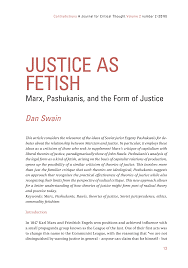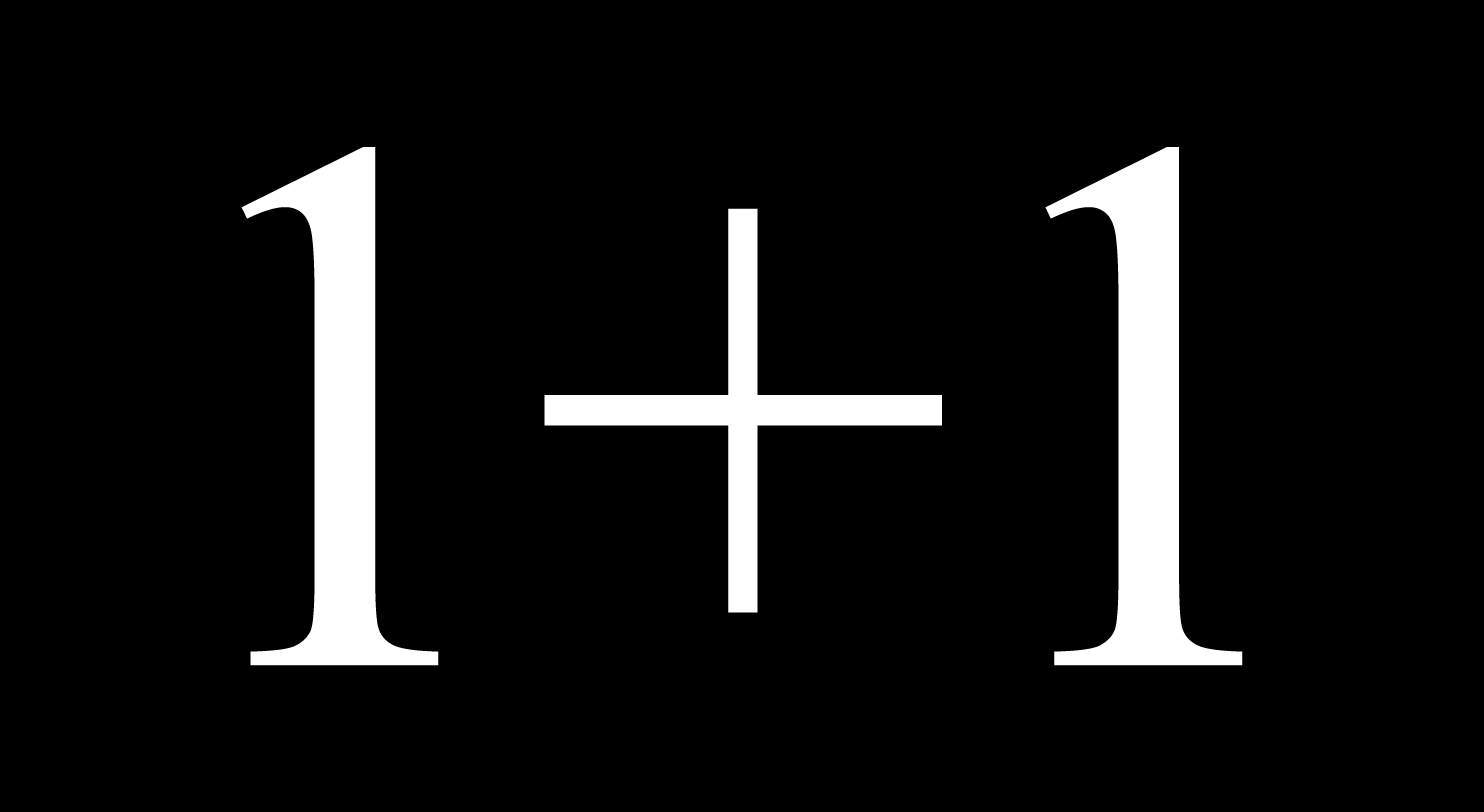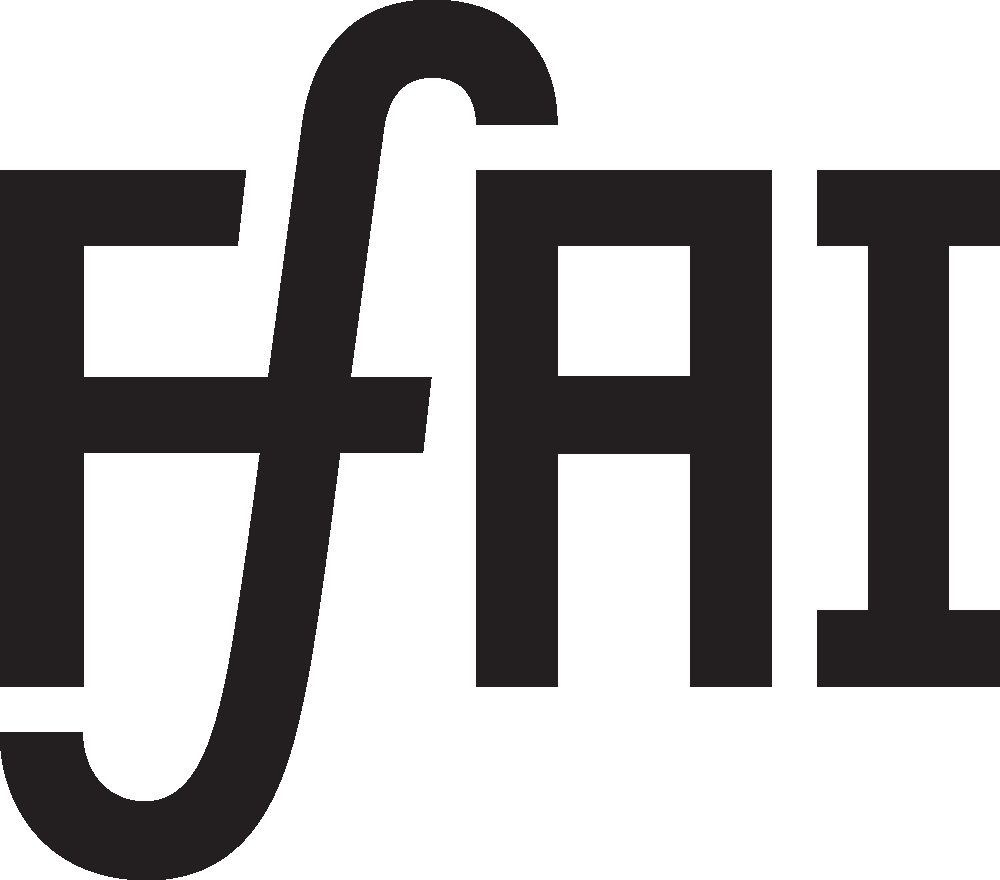 |
Justice as Fetish Author(s): Dan Swain |
This article presents the case for a particular understanding of notions of justice from a Marxist perspective. In part, this is intended as a critique of those who suggest a dialogue or fusion between a Marxist analysis of capitalism as an economic form and liberal theories of justice, paradigmatically those developed by John Rawls in a Theory of Justice and Justice as Fairness.These thinkers, for good reason, see it as being an urgent task to complement Marx’s insights into capitalism as a system of economic domination and exploitation with the principles of justice that would govern a just alternative. Without ideas of justice, it is argued, any attack on the existing social order rings hollow leaving only an economic analysis, without normative force. Even more importantly, it is argued that in failing to articulate principles by which capitalism could be condemned as unjust, Marx also failed to articulate what would make communism just, and thus left his alternative horribly unspecified. If that was ever justified, the argument goes, after the events of the 20th century it cannot be any longer.
The article considers the relevance of the ideas of Soviet jurist Evgeny Pashukanis for debates about the relationship between Marxism and justice. Pashukanis’s analysis of the legal form as a kind of fetish, arising on the basis of capitalist relations of production, opens up the possibility of a similar criticism of theories of justice. This involves more than just the familiar critique that such theories are ideological; Pashukanis suggests an approach that recognises the practical effectiveness of theories of justice while also recognising their limits from the perspective of radical critique. This new approach allows for a better understanding of how theories of justice might form part of radical theory and practice today.
Ovaj članak predstavlja slučaj za posebno razumevanje pojmova pravde iz marksističke perspektive. Delimično, ovo je zamišljeno kao kritika onih koji predlažu dijalog ili fuziju između marksističke analize kapitalizma kao ekonomske forme i liberalnih teorija pravde, paradigmatski onih koje je razvio Džon Rols u Teoriji pravde i pravde kao pravičnosti. Ovi mislioci , sa dobrim razlogom, vide kao hitan zadatak da se Marksov uvid u kapitalizam kao sistem ekonomske dominacije i eksploatacije dopuni principima pravde koji bi upravljali pravednom alternativom. Bez ideja pravde, tvrdi se, svaki napad na postojeći društveni poredak je šupalj, ostavljajući samo ekonomsku analizu, bez normativne snage. Što je još važnije, tvrdi se da u propustu da artikuliše principe po kojima bi kapitalizam mogao biti osuđen kao nepravedan, Marks takođe nije uspeo da artikuliše šta bi komunizam učinilo pravednim, pa je tako svoju alternativu ostavio užasno neodređenom. Ako je to ikad bilo opravdano, tvrdi se, posle događaja iz 20. veka to više ne može biti.
Članak razmatra relevantnost ideja sovjetskog pravnika, teoretičara prava Jevgenija Pašukanisa za debate o odnosu marksizma i pravde. Pašukanisova analiza pravne forme kao vrste fetiša, koja izrasta na osnovima kapitalističkih odnosa proizvodnje, otvara mogućnost za slične kritike teorija pravde. Ovo uključuje ne samo poznate kritike poput te da su takve teorije ideološke; Pašukanis predlaže pristup koji prepoznaje praktičnu efektivnost teorija pravde dok u isto vreme prepoznaje njihova ograničenja iz perspektive radikalne kritike. Ovaj novi pristup omogućava bolje razumevanje toga kako teorije pravde mogu da oforme deo radikalne teorije i prakse danas.
Key words: authors/Dan Swain, language/ English, personalities/Marx, Pashukanis, John Rawls, justice, fetishism, Marxism, capitalism, Communism, commodity fetishism, economic domination, Soviet jurisprudence
ključne reči: autori / Dan Swain, jezik / engleski, ličnosti / Marx, Pashukanis, John Rawls, pravda, fetišizam, marksizam, kapitalizam, komunizam, robni fetišizam, ekonomska dominacija, sovjetska teorija prava










